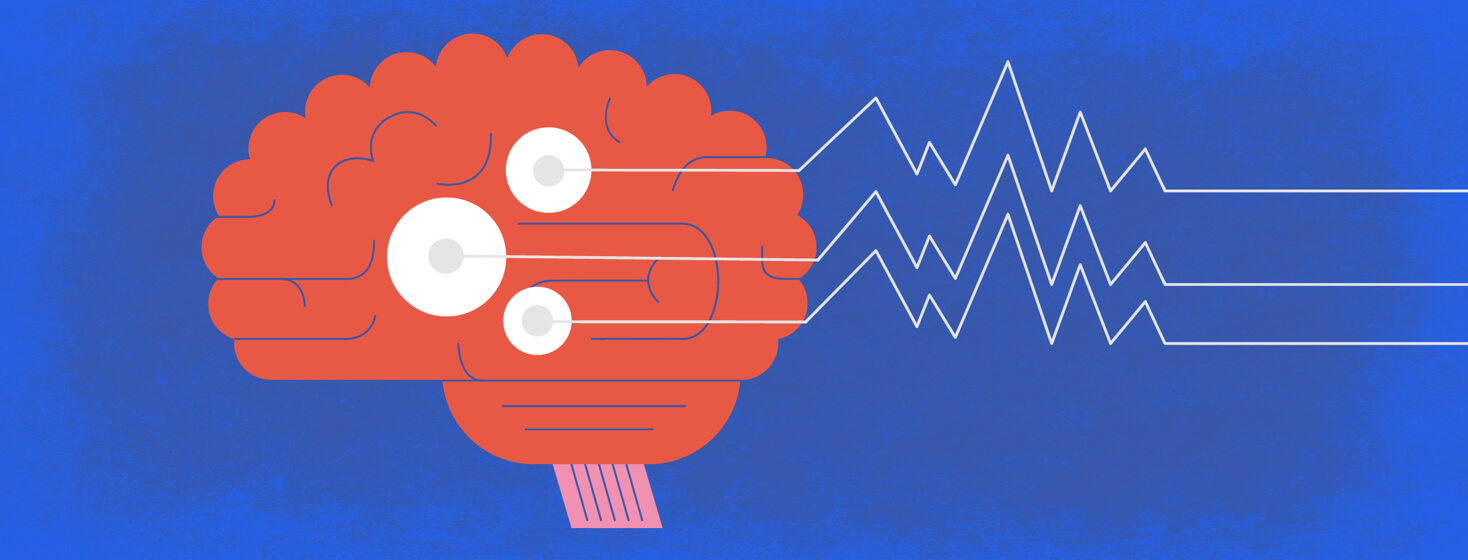The Use of Neurofeedback Therapy in the Treatment of Insomnia
Neurofeedback therapy. Have you heard of it? Me neither.
I was at the gym the other day and as we chatted before class, the regular topic of sleep – or lack thereof – came up. One of the ladies asked if I’d tried neurofeedback therapy to help with my insomnia.
This was a new suggestion
Now I am well versed in people making suggestions about curing my insomnia and I have mastered the art of smiling politely and saying, “Yes. I have heard of that. And no, it didn’t help.” But this was a new one. I’ve never heard of neurofeedback therapy. So, I listened and made a note to Google when I got home.
Now, I’m not really in a position to comment on the efficacy and whether or not it’s a magic cure, but I can do some research and share it with you.
What is neurofeedback?
Thoughts, sensations, actions, and emotions are all detectable in our brainwaves, which are electrical impulses generated during brain activity. In neurofeedback, the practitioner places a cap with electrode sensors on your head. An EEG (electroencephalography) then detects and records electrical activity. It is apparently a painless and non-invasive therapy, which is always a bonus, in my opinion.1
The frequency of the brain waves is then displayed on a monitor for the patient to see. Brain activity is assessed and retraining begins, teaching the patient to gain a modicum of control over the brain waves.
The Neurofeedback Alliance explains how neurofeedback works:
Brain waves are monitored by an amplifier and a computer-based instrument that processes the signal and provides feedback. This is displayed to the patient through a video game or another video display along with audio signals. The patient is then asked to either “make the game go” or “play the movie” with his or her brain. As activity in a desirable frequency band increases, the video game either moves faster or the movie continues playing. When activity in an adverse band increases, the visual display is inhibited. During this process, the brain activity of the patient is compared to a goal on the computer. The sounds and images act as rewards, telling the patient immediately when their brain reaches the goal – as they are activating or suppressing the target brain area. Gradually, the brain responds to the cues it is given and a “learning” of new brain wave patterns takes place.1
What does the research say about neurofeedback?
The first sessions were conducted by Dr. Joe Kamiya in the 1950s by identifying brain waves and using positive verbal feedback. Researchers have continued to build on Dr. Kamiya’s work. Current research papers indicate there are pros and cons to the treatment.2
It has been demonstrated to improve a wide variety of conditions, including anxiety, depression, epilepsy, schizophrenia, and insomnia – amongst many others. But the science is still out when it comes to conclusive evidence. It is also expensive, time-consuming and the benefits are sometimes temporary.2
What are the side effects?
Like anything, there can be side effects, so before jumping in feet first, it is important to have all the facts. Some people experience brain fog, chattering teeth, fatigue, or headaches – amongst a variety of potential side effects. But it is reported that most side effects are not severe and can usually be prevented or reduced by working with experienced practitioners.
Can neurofeedback help with insomnia?
So – how does any of this help with insomnia? That was my first question.
Sleep onset insomnia is often (though not always) associated with hyperarousal. This has certainly been a contributing factor for me. There are 5 main types of brainwaves (beta, SMR, alpha, theta, and delta). During sleep onset insomnia, it is common to have higher levels of beta brainwave activity, which is associated with increased alertness and energy. Not really ideal for drifting off into a dreamy state. In sleep maintenance insomnia, higher beta levels are detected during NREM and REM sleep states.1
It is asserted that neurofeedback therapy can retrain the brain and reduce the high beta levels during sleep. So... does it work?
A pilot study looking at the efficacy of neurofeedback therapy for insomnia showed positive results for all 12 participants.3 I don’t know about you, but that gets me interested.
Like any therapy, it is extremely important to find a qualified and experienced practitioner, but if all else has failed in your search for the holy grail of insomnia cures, perhaps neurofeedback therapy is worth looking into.

Join the conversation